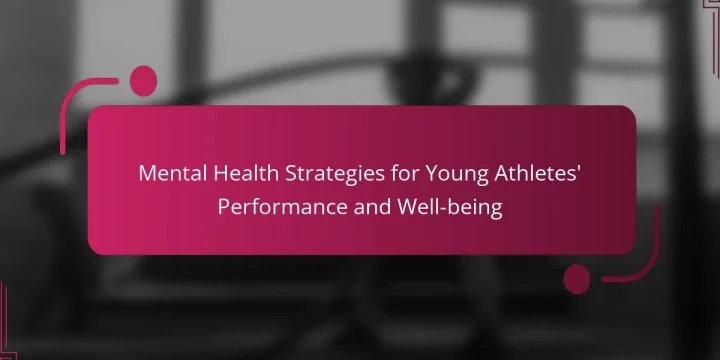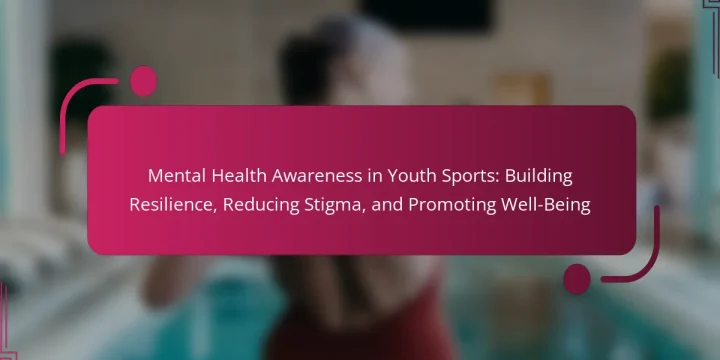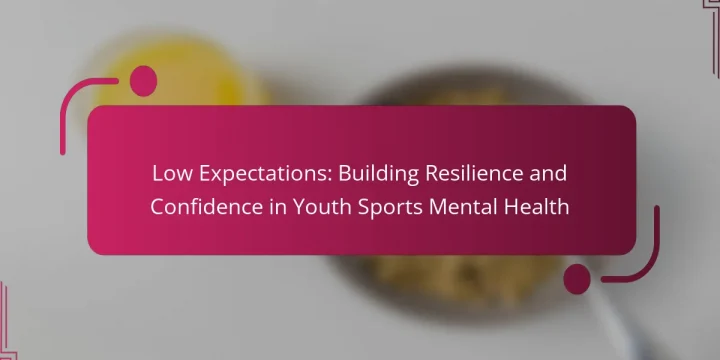
Navigating mental health support for young athletes is crucial for their overall well-being and performance. Organised chaos in youth sports combines structured training with the unpredictability of young experiences. This article explores strategies for communication and education, innovative mental health approaches, and the importance of a balanced lifestyle. Key insights include fostering supportive environments, training coaches in mental health awareness, and encouraging resilience among athletes. What does organised chaos mean in the context of youth sports? Organised chaos in youth sports refers to the balance between structured training and the unpredictability of young athletes' experiences. This dynamic environment fosters resilience, adaptability, and mental health awareness. Coaches should prioritise emotional support alongside skill development, ensuring young athletes navigate challenges effectively. By embracing this organised chaos, sports programmes can enhance both performance…








